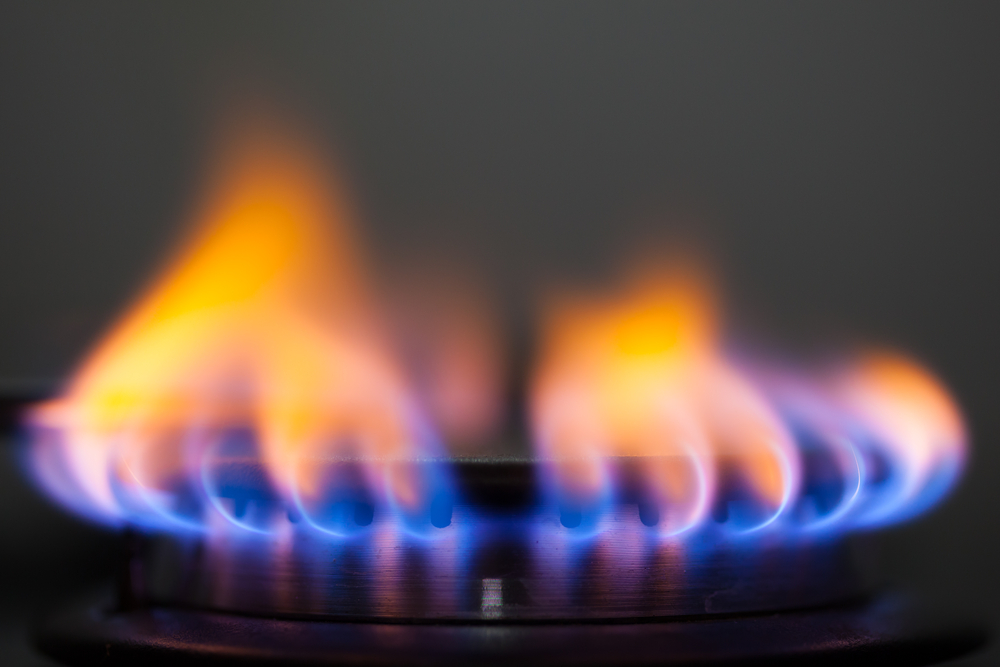Household Bills
300,000 households could face £247 energy bill hike

Households across the UK must prepare for higher energy bills unless they switch tariff or provider soon, new analysis has shown.
Close to 300,000 households across the UK will automatically be switched over to a more expensive default tariff during the second quarter of 2019, according to comparethemarket.
The comparison site pointed out that 235 fixed energy tariffs are coming to an end during the second quarter.
Unless the customer chooses to switch straight after the tariff ends, these will automatically roll over to a default tariff, which could cost UK households £72 million collectively.
Comparethemarket’s analysis of the fixed tariffs ending during the second quarter found that the average increase to energy bills is expected to be £247 per household, £54 more in comparison to the previous quarter.
The government’s energy price cap, which was introduced in January of this year, is due to increase on 1 April, pushing ‘default’ tariffs higher by an average of £117 for at least the next six months.
Comparethemarket estimates that the biggest hikes in energy costs will impact households whose tariffs ended in May, where the average annual energy bill increase will be £287.
However, April will see the greatest number of customers affected, with 136,000 households expected to move over to more expensive ‘default’ tariffs – at a combined cost of more than £33 million. This situation could be avoided if they switch to a cheaper tariff.
Perils of the price cap
Peter Earl, head of energy at comparethemarket, commented: “With 11 million energy customers already on a standard variable tariff and hundreds of thousands more set to be automatically rolled onto one, it’s clear that the price cap is doing little to solve the fundamental issue – that customers on these tariffs are overpaying for their energy.
“Many people thought the price cap would offer a safety net from unfair and regular price rises but the changes in wholesale energy markets have meant the opposite. The best course of action affected households can take is to find a cheaper alternative and secure a fixed priced tariff.”